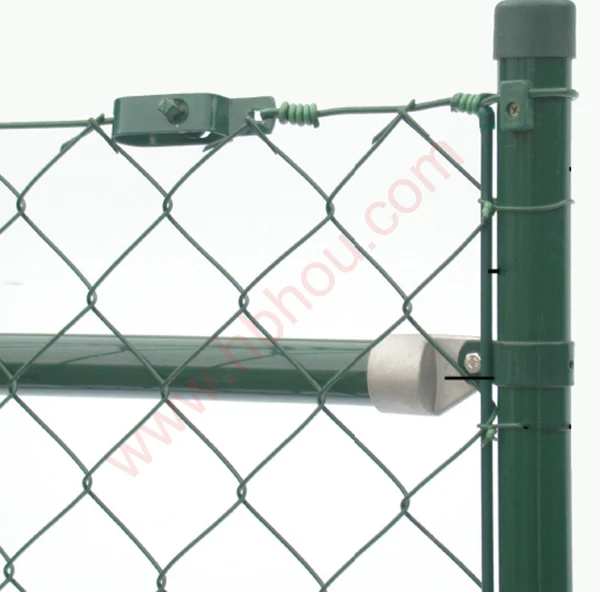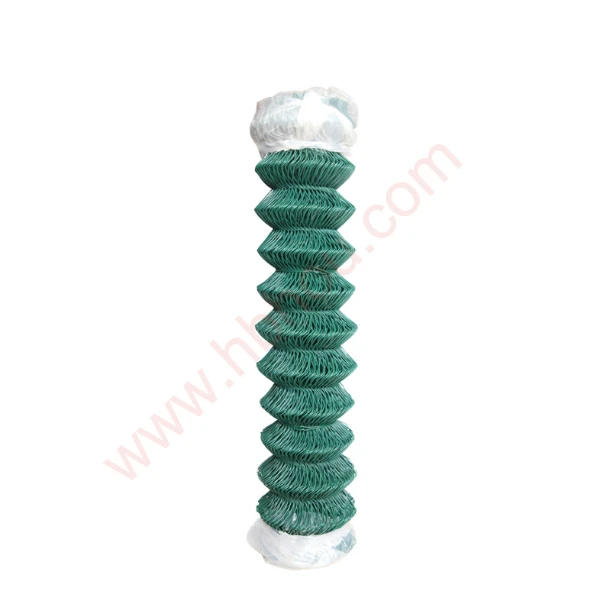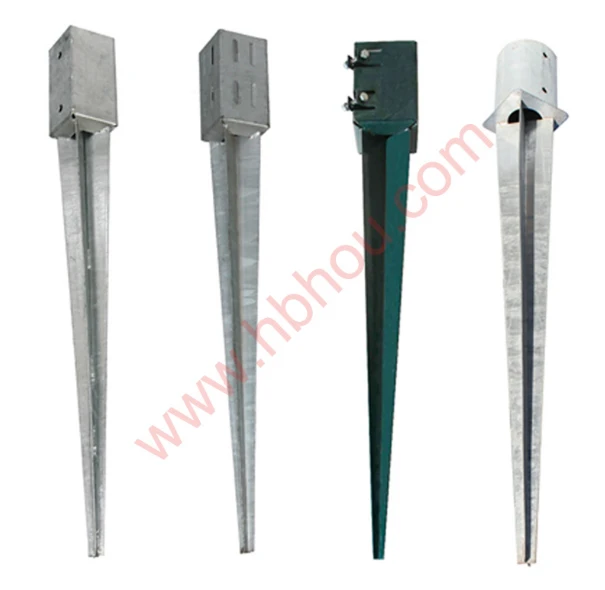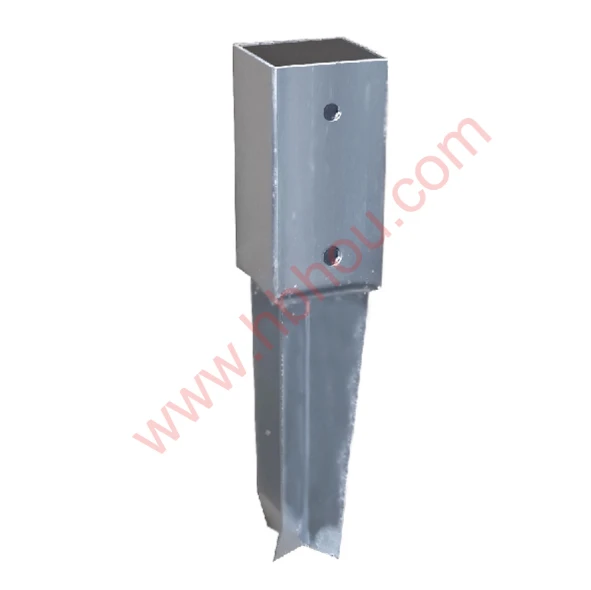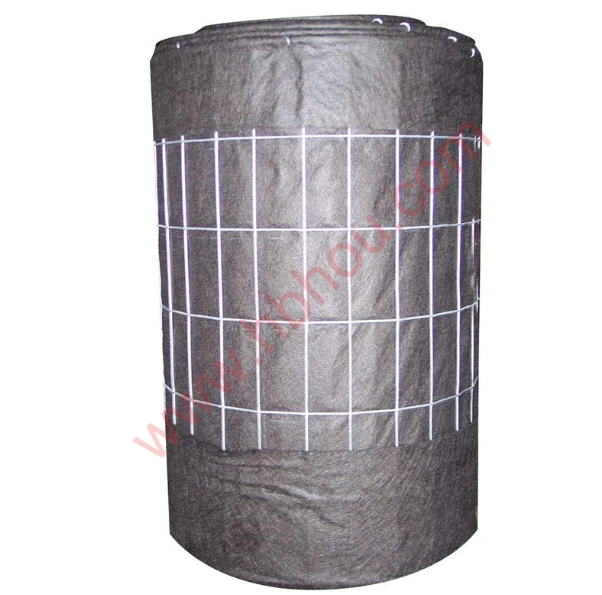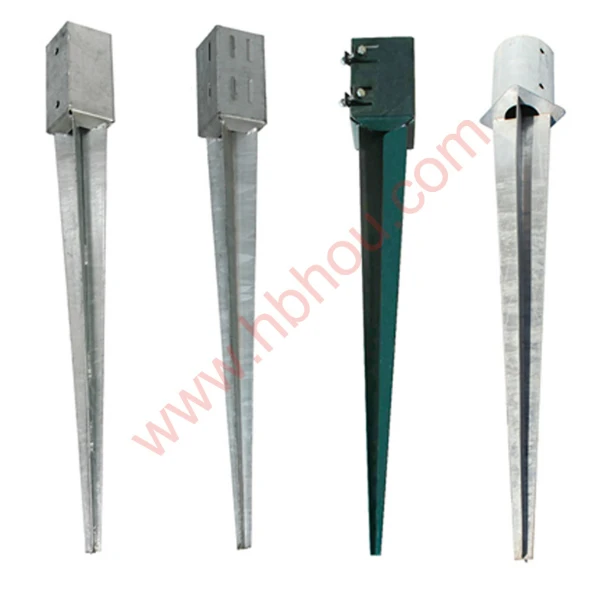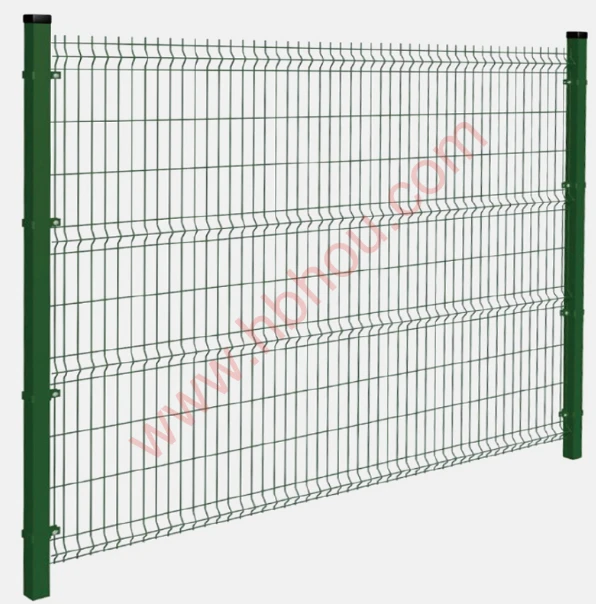The Versatility and Applications of Thick Iron Wire
Thick iron wire has been a staple material across various industries for decades. Known for its robustness and durability, this versatile wire is used in numerous applications, ranging from construction to arts and crafts. The inherent properties of iron, combined with its thickness, lend this material a formidable presence in both industrial and everyday scenarios.
One of the primary advantages of thick iron wire is its strength. Unlike thinner wires, thick iron wire is able to support heavier loads and withstand greater stress without yielding. This makes it an ideal choice for construction projects, where durability and reliability are paramount. For instance, architects and engineers often utilize thick iron wire in the reinforcement of concrete structures. When integrated into concrete, the wire helps to create tension, ensuring that the concrete can withstand compressive forces while maintaining its structural integrity.
In addition to its use in construction, thick iron wire is also prevalent in manufacturing and industrial settings. It is commonly utilized to create frames, supports, and various fixtures due to its inherent strength. Factories rely on thick iron wire for the assembly of storage racks, conveyor belts, and other machinery structures that require both stability and sturdiness. Some industries even employ thick iron wire for making safety barriers and fencing, contributing to secure environments in commercial and industrial areas.
thick iron wire
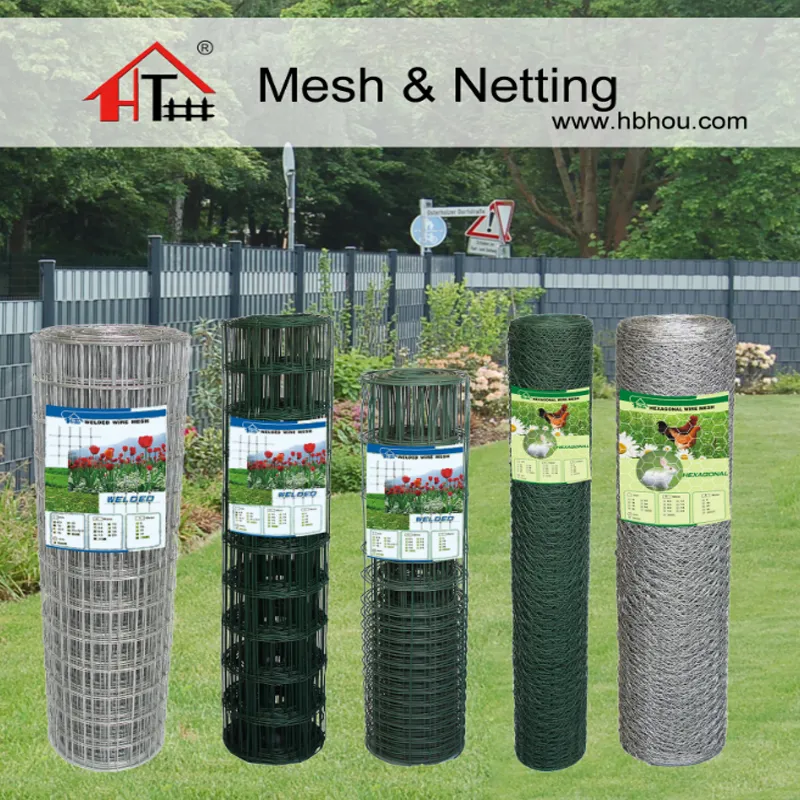
Beyond industrial applications, thick iron wire also finds its way into the world of arts and crafts. Crafters appreciate its malleability and strength, which allow for creative expression while ensuring that constructed pieces are durable. Artists often use thick iron wire to create sculptures, furniture, and decorative pieces. The wire can be bent, twisted, and shaped into intricate designs, giving artists the freedom to explore their creativity without compromising on structural strength.
Moreover, thick iron wire's resistance to corrosion can be enhanced through various treatments. Galvanization, for example, involves coating the wire with a layer of zinc, providing protection against rust and environmental wear. This makes thick iron wire suitable for outdoor applications, such as garden fencing and supports for climbing plants. With adequate protection, the lifespan of thick iron wire is significantly extended, making it not only a practical choice but an economical one as well.
In agriculture, thick iron wire plays a critical role as well. Farmers use it for fencing livestock, securing crops, and constructing trellises for climbing plants. The robustness of thick iron wire ensures it can withstand the elements and any physical stress from animals or environmental conditions. Additionally, its visibility compared to thinner wire makes it easier for farmers and workers to manage boundaries and ensure the safety of their livestock.
In conclusion, thick iron wire is an essential material with diverse applications across various sectors, including construction, manufacturing, arts and crafts, and agriculture. Its strength, durability, and adaptability make it a go-to choice for professionals and hobbyists alike. As industries continue to innovate and find new uses for this versatile material, thick iron wire will likely remain indispensable for years to come. Whether it is reinforcing a skyscraper, crafting a unique piece of art, or securing a farm, thick iron wire stands resilient against the challenges of time and use.









